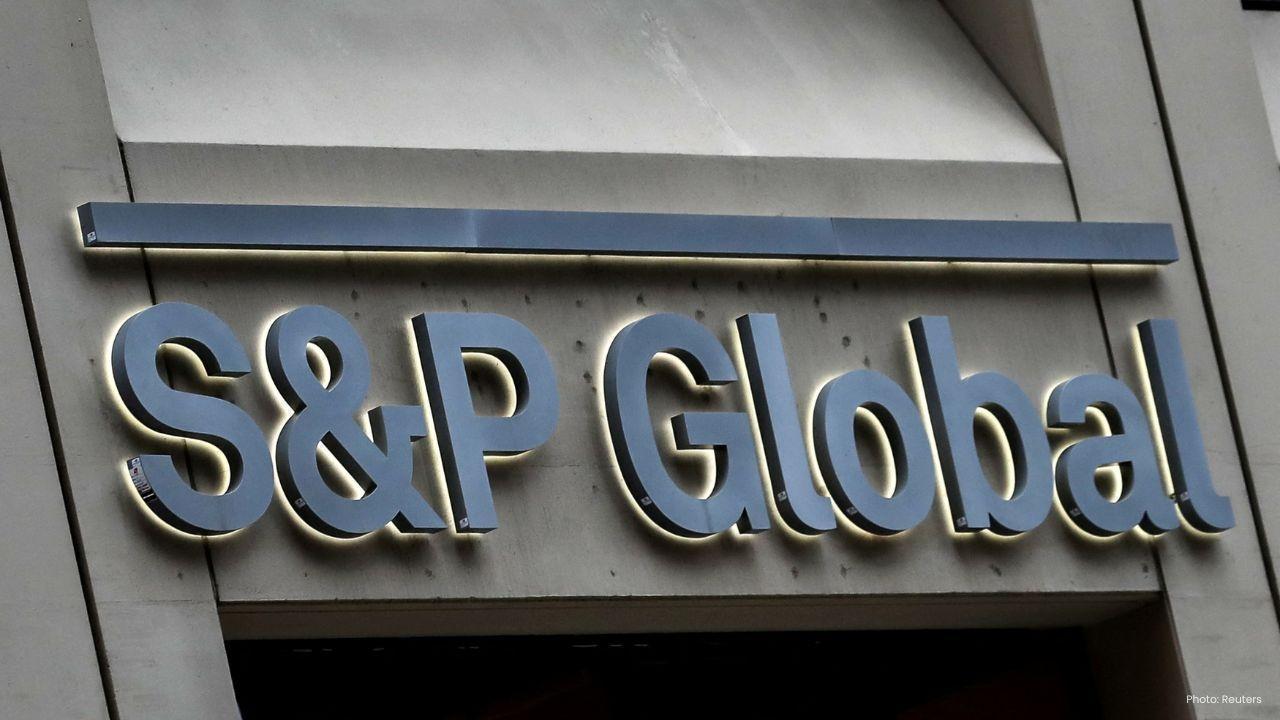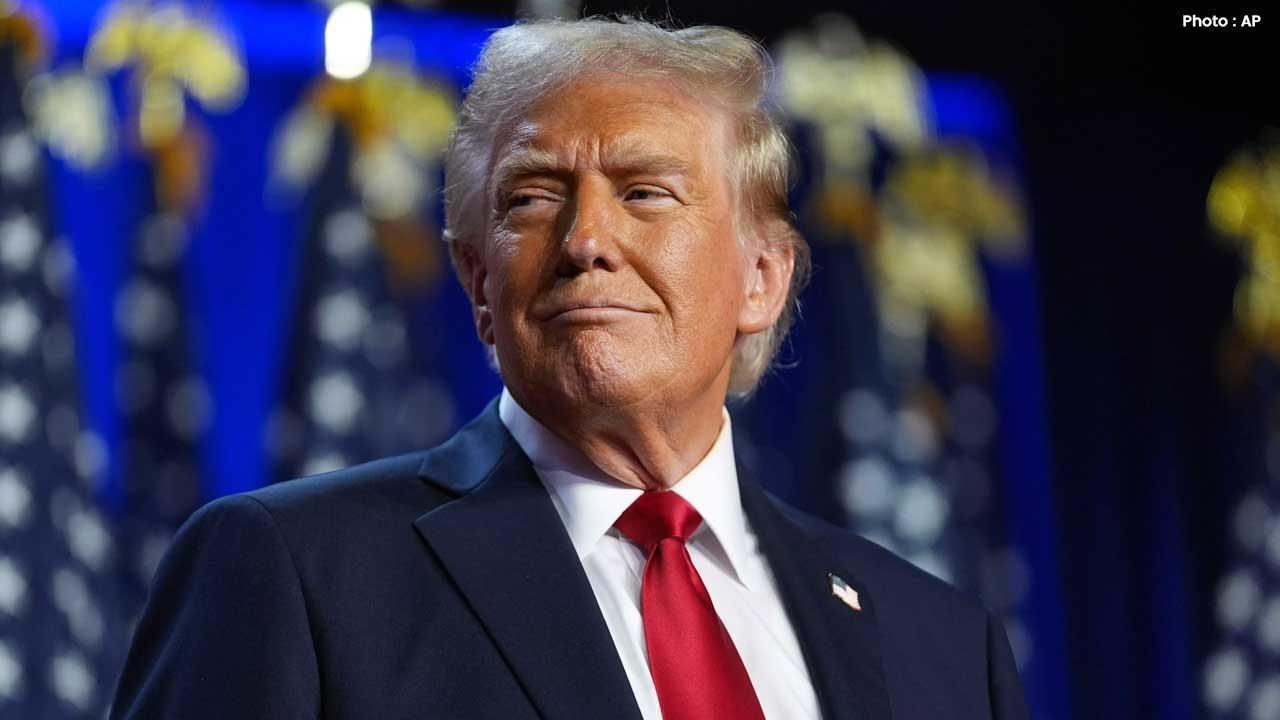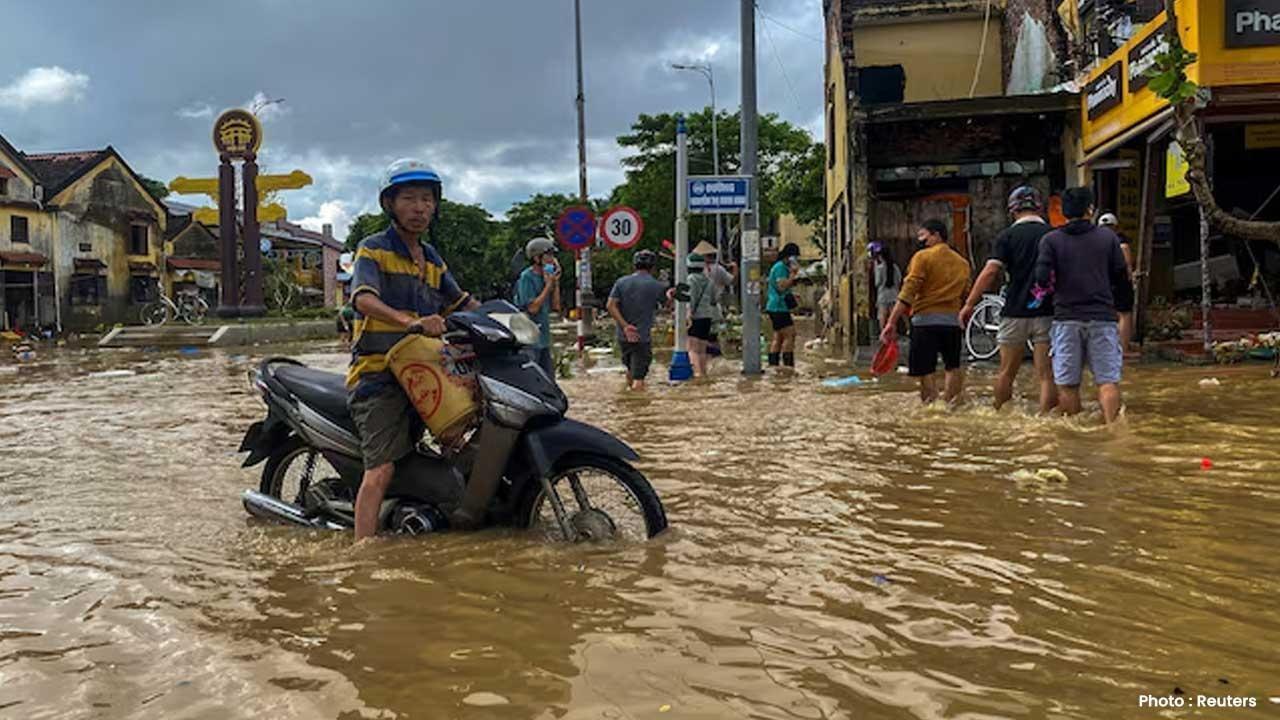
Post by : Raina Nasser
In a significant escalation of diplomatic tensions, China has decided to suspend imports of Japanese seafood, following contentious remarks about Taiwan made by Japan's new Prime Minister, Sanae Takaichi. According to Japanese media reports on Wednesday, the move highlights the deepening rift between Tokyo and Beijing with serious economic implications.
The suspension allegedly stems from Takaichi's comments made on November 7, suggesting that Japan might consider military intervention if Taiwan faced an attack. This declaration angered China, prompting the summoning of Japan's ambassador and issuing travel advisories for Chinese citizens in Japan.
Despite international assurances over safety measures, Chinese authorities justified their decision as a necessary precaution related to the monitoring of treated water from the Fukushima nuclear power plant. The United Nations’ atomic watchdog has supported Japan's actions, emphasizing that the discharged water, mostly free of dangerous radioactive elements, is safe for release.
This ban marks a regression from earlier in 2025 when China resumed importing seafood following a previous embargo prompted by the 2023 discharge from Fukushima. Russia is now mirroring this ban, further impacting Japan's seafood market.
In 2023, seafood exports to China represented about 15.6% of Japan’s total marine exports, equating to around ¥390 billion ($2.5 billion). With Hong Kong contributing 26.1% and the U.S. 15.7%, experts warn that the new restrictions could significantly disrupt supply chains and will likely harm Japan's fishing industry.
China’s foreign ministry has condemned Takaichi’s remarks, claiming they violate international law and harm China-Japan relations' political foundation. In light of these tensions, Japan has advised its nationals in China to keep a low profile and avoid large gatherings.
Diplomatic efforts to ease these tensions have commenced, with Japan’s top Asia-Pacific official, Masaaki Kanai, conducting talks in Beijing with his Chinese counterpart, Liu Jinsong. China formally protested Takaichi’s “incorrect statements,” emphasizing the dispute's complex political and economic implications.
This situation underscores how geopolitical conflicts can rapidly reshape trade dynamics, as both nations grapple with balancing national security against economic stakes. Analysts caution that this ban might resonate throughout the Asia-Pacific seafood sector and further strain already precarious Sino-Japanese ties, characterized by various territorial disputes and military tensions in recent years.
The import suspension, alongside the delay of Japanese film launches in China, signals a wider diplomatic strain that may persist if the Taiwan issue continues to escalate. Observers remain attentive to how each nation navigates the interplay between political posturing and economic realities in the weeks ahead.










England Aims for Breakthrough in Series Opener Against Injury-Hit Australia
As Australia struggles without key fast bowlers, England seeks a historic win in the Ashes opener in

Shubman Gill Heads to Guwahati, Yet Second Test Participation Uncertain
Shubman Gill will travel with the Indian team to Guwahati, but his neck injury casts doubt on his av

Jamie Chadwick Aims for World Endurance Championship Glory
Jamie Chadwick is focusing on the World Endurance Championship, stepping away from her Formula One a

Pochettino Stands Firm Following USA's Commanding Victory Over Uruguay
USA triumphs 5-1 against Uruguay, with Coach Pochettino defending his squad's merit amidst queries o

Curacao Makes World Cup History with First Qualification
Curacao's inspiring journey culminates in their first-ever FIFA World Cup qualification, marking a s

Parineeti Chopra and Raghav Chaddha Welcome Baby Boy Named Neer
Parineeti Chopra and Raghav Chaddha proudly reveal their baby boy Neer, sharing intimate moments and